-
chevron_right
Feds Seize Domain Names of Sports Streaming Site Streameast
news.movim.eu / TorrentFreak · Monday, 19 August, 2024 - 10:09 · 3 minutes
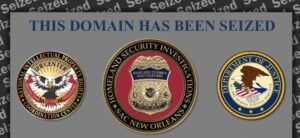 In recent years, rightsholders of major sports events have repeatedly complained that piracy of live sports is getting out of hand.
In recent years, rightsholders of major sports events have repeatedly complained that piracy of live sports is getting out of hand.
Ideally, they would like to see updates to current legislative frameworks, so the problem can be targeted more efficiently. Site-blocking is high on the list of preferred options, particularly in the United States.
While ISP blocking is still a debated issue among U.S. lawmakers, the country’s enforcement authorities have a more direct option; domain name seizures. With the appropriate legal paperwork, the DoJ’s Homeland Security Investigations ( HSI ) has sporadically targeted ‘pirate’ domain names for more than a decade.
Streameast Domain Names Seized
This weekend, the feds appear to have carried out another round of seizures, this time targeting the pirate sports streaming website Streameast. This site, which has a strong focus on ‘American’ sports, has over 15 million monthly visitors, who were all sidelined by surprise.
Instead of the usual homepage with links to the latest streams of sporting events, Streameast’s visitors – most of which come from the U.S. – were welcomed by a domain seizure banner.
“This domain name has been seized by Homeland Security Investigations (HSI) pursuant to a warrant issued by the United States District Court for the Eastern District of Louisiana,” the banner reads.
“It is unlawful to reproduce or distribute copyrighted material including sporting events, television shows, movies, music, software, or games without authorization. Individuals who do so risk criminal prosecution under Title 18.”
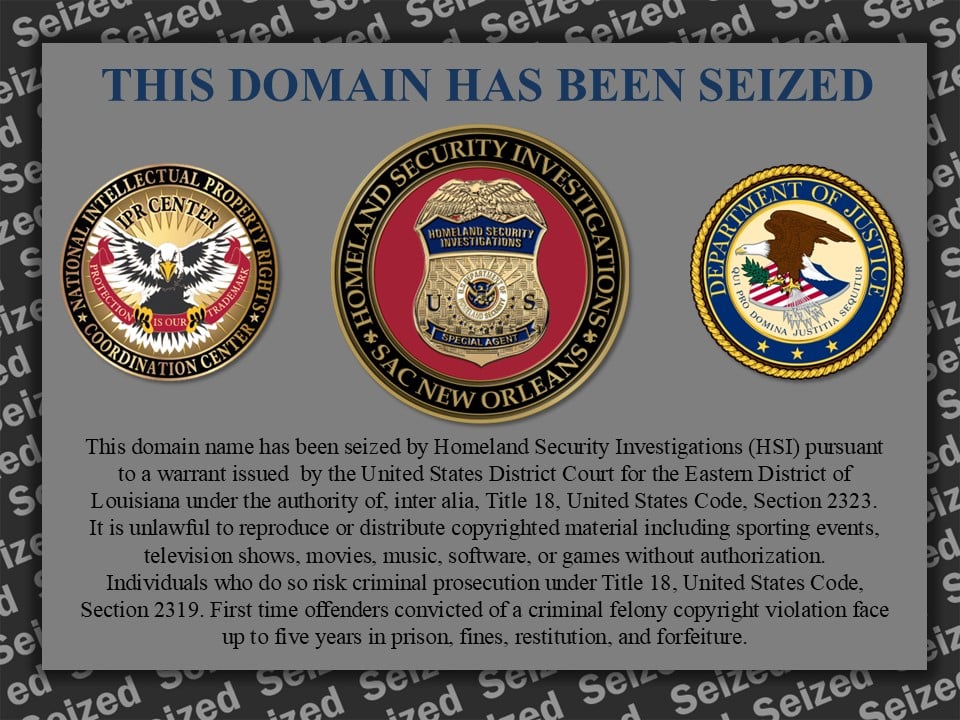
The seized domain names include the main one; thestreameast.to, as well as popular backup domain options such as streameast.io, streameast.xyz, and streameast.live.
Streameast Makes ‘Instant’ Comeback
The authorities have yet to officially confirm the action, which can typically take a few days. However, all available signs suggest that this is a legitimate law enforcement action. For example, the nameservers were all changed to “seizedservers.com”.
Whether the seizures will be effective in shutting down the Streameast operation is up for debate, however.
Soon after the domain seizures started to populate across DNS servers, the site’s operators informed their followers on Discord that the site has no intention of throwing in the towel. Quite the opposite, the site remains available though alternative domain names.
“As you may know, many of our domains were seized by the US government last night. As the only free streaming site in the world that truly values user experience and quality, it was no coincidence that this happened to us,” Streameast admin ‘Quick’ writes.
There are many fake, fraudulent, and scammy alternatives that remain online but only ‘legitimate’ Streameast domains were targeted, according to the site’s operators. While this came as a disappointment, there was a backup plan in place.

The Streameast team says that it has hundreds of domain names ready to deploy, some of which came into play this weekend. More domains will follow, and the team vows it will continue until ‘affordable’ sports streaming options are available for everyone.
“They need to see that they can’t stop us this way. We own over 400 domains in total, and we will be activating and sharing most of these with you throughout the week,” they write.
“We will never give up the fight. Our fight will continue until sports become affordable for everyone. We promise that once this is achieved, we will permanently shut down all Streameast services,” Streameast adds.
Why, and Why Now?
The Streameast team kept their word and in addition to streameast.co, they also activated streameast.ec, streameast.fi, streameast.ms, streameast.ph, streameast.ps, streameast.sh, and streameast.sk. These domain names may also be seized in the future, but for now, they remain online.

Why Streameast was singled out as a target on this particular weekend is unknown. Typically, U.S. law enforcement plans their domain seizure operations around major sporting events, as happened with the Super Bowl and the FIFA World Cup . There was a big UFC PPV event over the weekend, but those take place each month.
With the Paris Olympics, there was a major sporting event earlier this month, but these seizures are a bit late for that.
As far as we know, there are no indictments against people associated with the site. That said, it is still early days and more information may come out later in the week. With Streameast being as defiant as it is, we don’t expect this to be the end of the enforcement efforts.
—
From: TF , for the latest news on copyright battles, piracy and more.





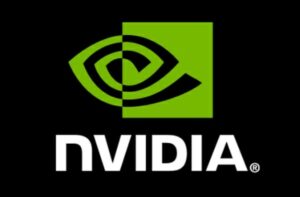 Over the past two years, AI developments have progressed at a rapid pace.
Over the past two years, AI developments have progressed at a rapid pace.


 After filing copyright lawsuits against early peer-to-peer file sharing services and emerging mostly victorious, the global music industry found that any depressant effect, on pirate content availability and consumption, was insufficient.
After filing copyright lawsuits against early peer-to-peer file sharing services and emerging mostly victorious, the global music industry found that any depressant effect, on pirate content availability and consumption, was insufficient.

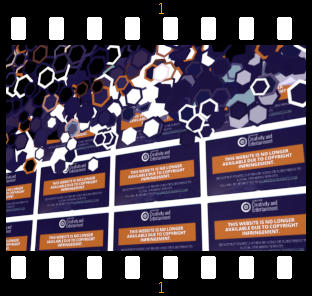
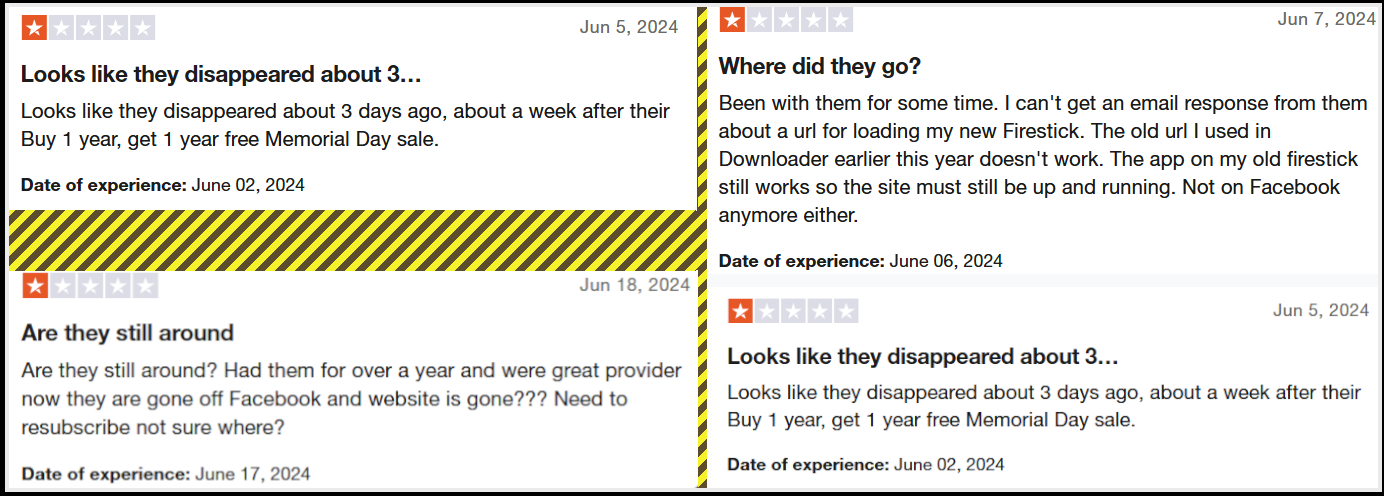
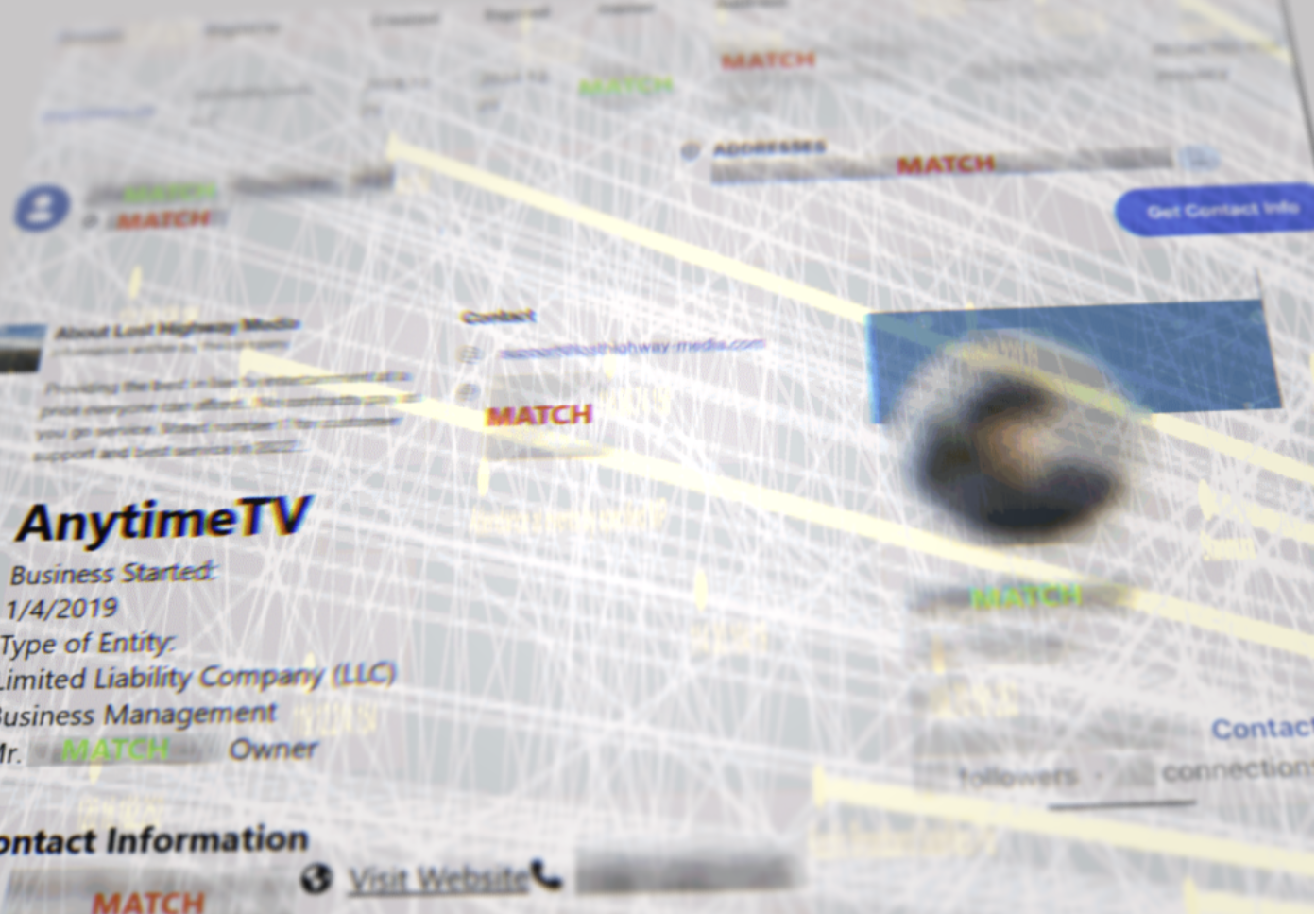
 Late 2019, Internet provider Cox Communications
Late 2019, Internet provider Cox Communications



 More than twelve years have passed since Megaupload became
More than twelve years have passed since Megaupload became




 Library Genesis (
Library Genesis (
